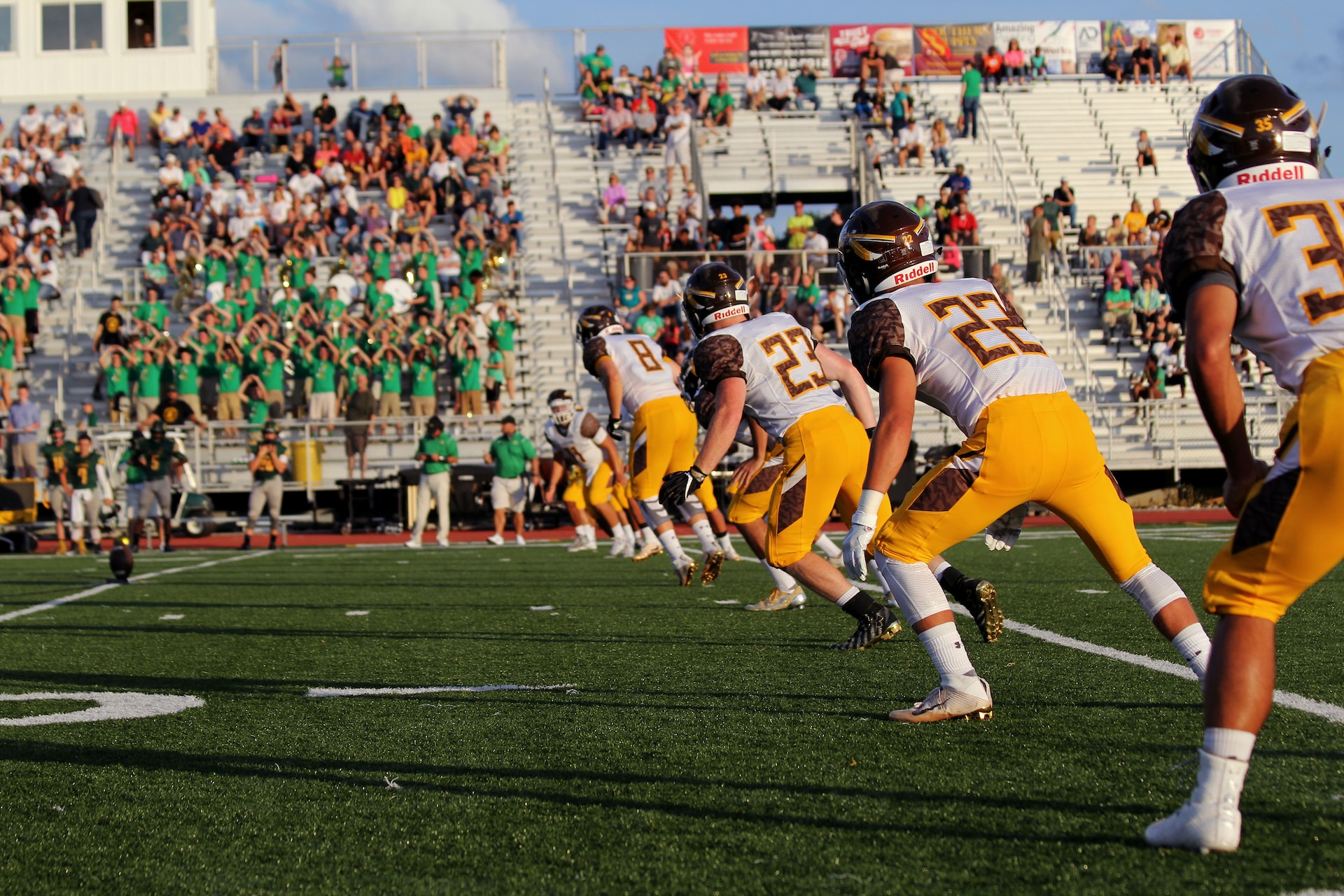In late 2023, the book “Holistische Social-Media-Strategien” was published by Springer. With the book, the editors, Professors Anne-Kristin Langner and Gabriele Schuster, both of International University (IU) in Germany, attempt to develop a holistic and strategic approach to social media. They have assembled an interesting mix of scholars who tackle this issue by looking at social media from multiple perspectives (e.g. economics, communication, and design) and incorporating recent trends (e.g. the superstar economy/influencer marketing and the Metaverse). I have previously worked with Professor Langner on the curriculum of the study program on social media which she runs at her university.
A chapter cowritten with Judith Zeeb, a graduate from Munich Business School, now at Oliver Schrott Kommunikation, an agency, made it into the book. The chapter’s title is: “Assessing the PESO Model in the German Automotive Industry: Results of an Expert Study and Introduction of the Content Flow Model“. Please find the abstract, some key insights, and the links to the full version of the chapter below.



